Editor’s Note: Read related interviews in the George Floyd: In Memoriam roundup.
The Chicago-based theatre formerly known as The New Colony has recently changed its name to The New Coordinates as an attempt to reflect the many changes being taken by the company towards creating more equitable theatre. Stephanie Shum, one of the Artistic Directors of The New Coordinates, says, “...This anti-racism work isn’t a checklist to be completed but an evolving conversation with our artists, audience, and community...”.
Here Picture This Post ( PTP) talks to Stephanie Shum (SS) about the change of name, the nation-wide movement towards more equitable theatre, their educational initiatives, and the stories she and The New Coordinates’ are excited to highlight.
(PTP) Can you share with Picture This Post readers why The New Colony Theatre decided to change its name and how this decision came about?
(SS): Changing our name was the result of a long period of careful consideration. It was an increasingly awkward fit and we would cringe a little more each time at the running joke of addressing our company with “hello Colonists!” The conversation around changing it became more of a reality in the summer of 2020 when one of the company’s founders reached out. The intent behind the original name was spontaneous and benign, but she suggested a name change to do away with the negativity of colonization and support the company’s efforts surrounding inclusion and diversity. In discussing this with our ensemble, board, and staff, the response was unanimously in favor. An update would reflect our growth, as the world around us changed and we changed with it.
We’ve taken this time away from the physical space to look inward at our practices and history. In addition to examining the harm the company has caused in the past, we have made strides to create a safer place for collaboration. We’ve re-budgeted our production model to provide more time and resources to eliminate unfair and inhumane labor practices, and to add cultural consultants and experts, as well as equity, diversity and inclusion personnel. In addition, we have increased stipends for all artists as the first step to moving toward an equal pay model. We're also forming an EDI Committee to identify further areas of policy and practice that need examining. The test of many of these changes will come when we are able to produce again, but we are taking care to build the foundation and set ourselves and our artists up for success.
Since my Co-Artistic Director Fin and I were appointed to leadership of the company in 2018, we’ve struggled with squaring the legacy that we inherited and our hope and potential of what the company can become. The last year allowed us to take stock of where we were. We talked candidly amongst ourselves about whether the city, or anyone else for that matter, needed us to continue doing what we were doing. In that time of reflection, our priorities crystallized for us. It felt like a mission and work worth doing, but we knew what used to be good intentions and wishful thinking had to become practice and policy.
We hope to keep growing and questioning ourselves. This anti-racism work isn’t a checklist to be completed but an evolving conversation with our artists, audience, and community. We hope that many of these changes become industry standards with continued refinement and nuance from even more voices brought to the conversation. Chicago fosters, incubates, and exports so much talent and material, and if we can help shift the city's arts culture, we hope that the positive changes can spread out as well.
What have been some challenges in the process of reevaluating your practices?
As always, time and limited resources are challenges for a small company like ours. While we are taking the first steps from being a solely volunteer-run company, the capacity and wellbeing of our team are top of mind. This work is difficult, and often personal. True lasting change takes time, patience, and reflection, so we are being mindful to take care of each other as much as we’re taking care of the organization. There is so much to be done, and that can feel quite daunting, sometimes even overwhelming. But we have people in our corner, and we are learning new tools to better build ourselves up, like shifting our mindset away from working from a place of scarcity and towards being gentler and more present. After all, we are responsible for what we can control, but as the last year has shown, we cannot control everything.
Could you tell our readers about New Coordinates’ class The Writer’s Room and how it will be affected by the theater’s new focus?
Of course! The Writers’ Room is our longest running class, we use it to teach our devising/improvising/playwriting Process in a classroom setting. Collaboration is key to that process, with the actors and director owning a more direct role in generating material and bringing it to life. In the class, the student playwrights will wear the many hats of a TNC (The New Coordinates) workshop, helping each other get to End of Play on a brand-new full-length play by the end of the session.
The class has had a dedicated scholarship budget for the past few years - for our upcoming Fall 2021 session, we're aiming to increase our scholarship offerings as well as do more specific outreach to colleagues and fellow educators for recommendations to grow our applicant pool beyond the networks and circles that are already familiar with our work and our class. The class materials this session also include an anti-racism statement of policies, to set expectations for the classroom and cut down on any mistakes or harm made out of ignorance, and the curriculum features lectures by predominantly BIPOC theatre artists.
How has the New Coordinates’ changes influenced your own personal practices as an artist?
As an actor, I’m taking time to unlearn so many toxic practices and value my time and health more. As theaters continue to reopen, I want to avoid falling back into the traps of the hustle and be more mindful of the opportunities that come my way, the collaborators I want to create with, and how I can be a greater advocate in any space. We do have agency, we can expect more, and we are worthy.
How has the recent growth in right wing anti-Asian events impacted your personal goals and the impacts you seek as an artist?
I’m craving more of our stories. And particularly, joyful ones. I think that visibility, happiness, and self-humanizing are a way to stand against the thoughts, messages, and actions of the purposefully ignorant. And I think that telling multi-dimensional stories with different BIPOC artists involved is an important part of it, because those who wish us harm benefit from when we set ourselves apart from other excluded or disenfranchised people.
For more information visit The New Coordinates website.
Nominate this for The Picture This Post BEST OF 2021???
Click Readers' ChoiceWant to see who won the Picture This Post READERS’ CHOICE competition last year?
WATCH THIS SHORT VIDEO—
Photos Courtesy of Stephanie Shum
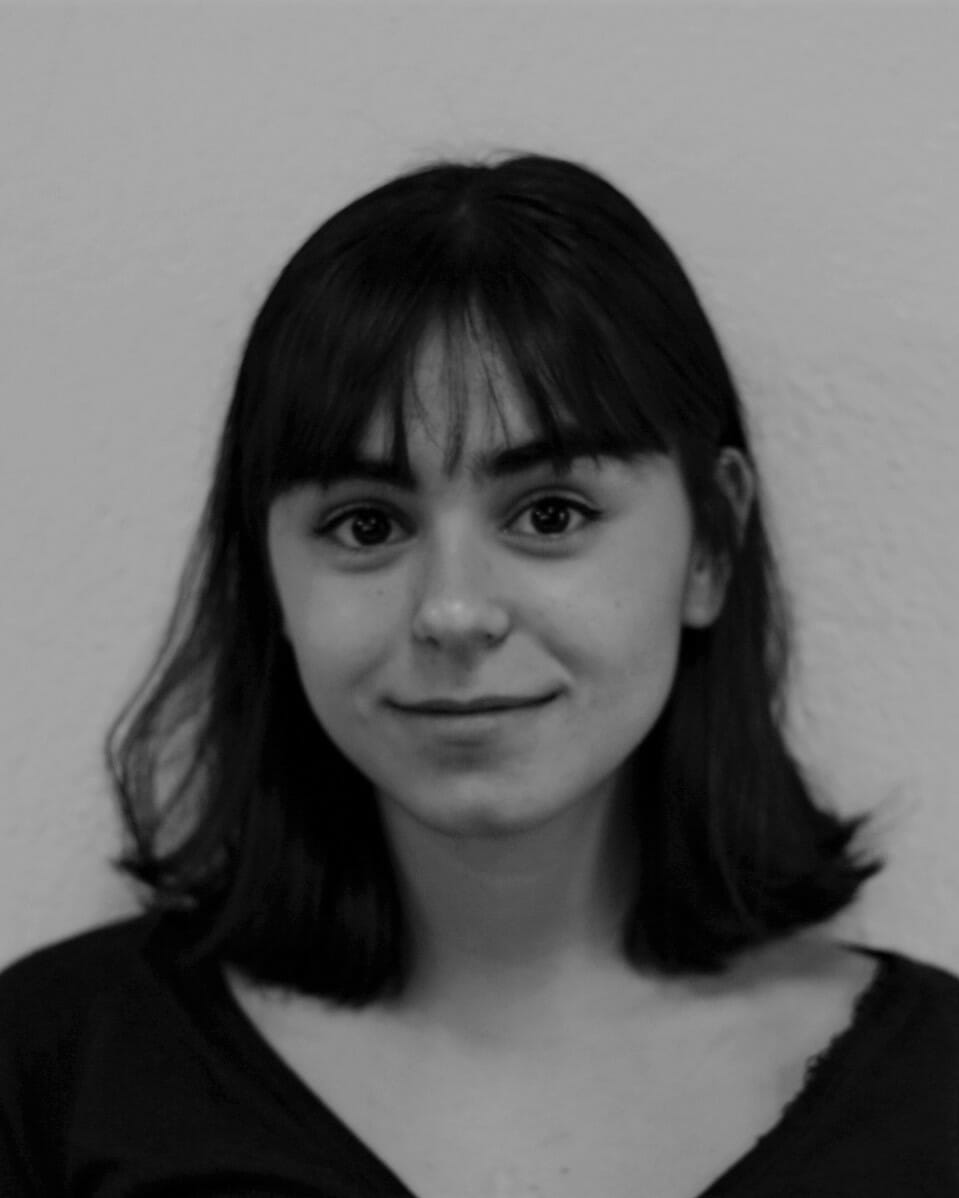
About the Author: Madalena Martins
Madalena is a young writer and actress based in Chicago. She was born and raised in Lisbon (Portugal- the home of soccer and custard tarts) then moved to Mostar (Bosnia and Herzegovina), and finally made it to the United States! Her international background resulted in a deep love for languages, cultures, travelling, and food. She is also a lover of theatre, cinema, music, and literature. In her free time, she enjoys writing, going to the beach, doing improv comedy and sketches with friends, talking to strangers, and suffocating her dog with love.
Besides this, she is interested in climate activism, feminism, and queer studies, and is interested in the intersections between these fields.















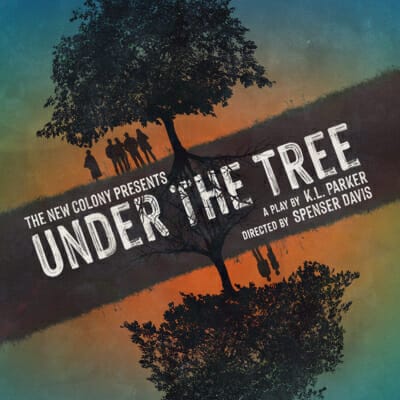
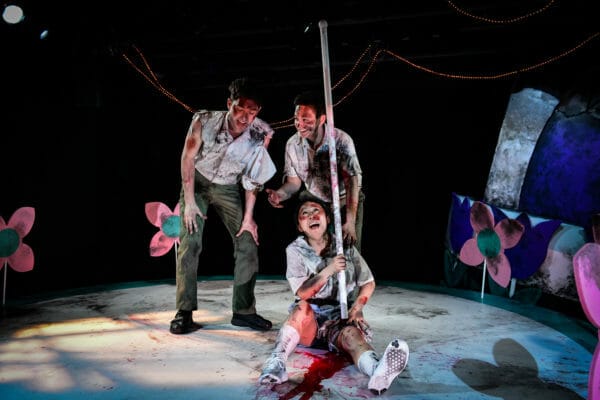
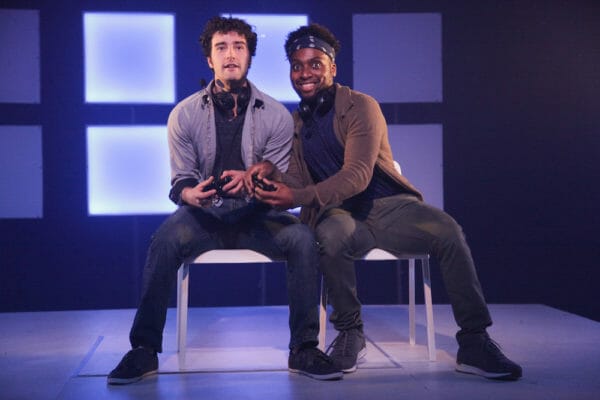
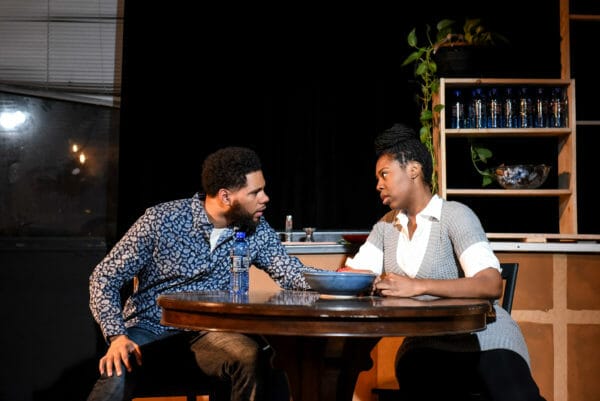
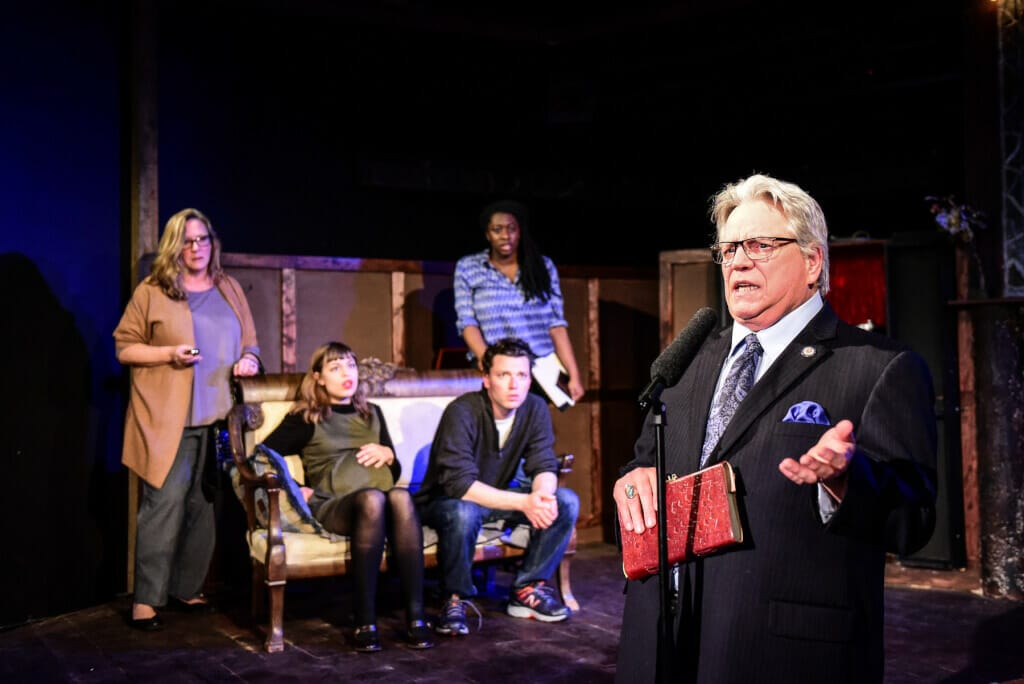
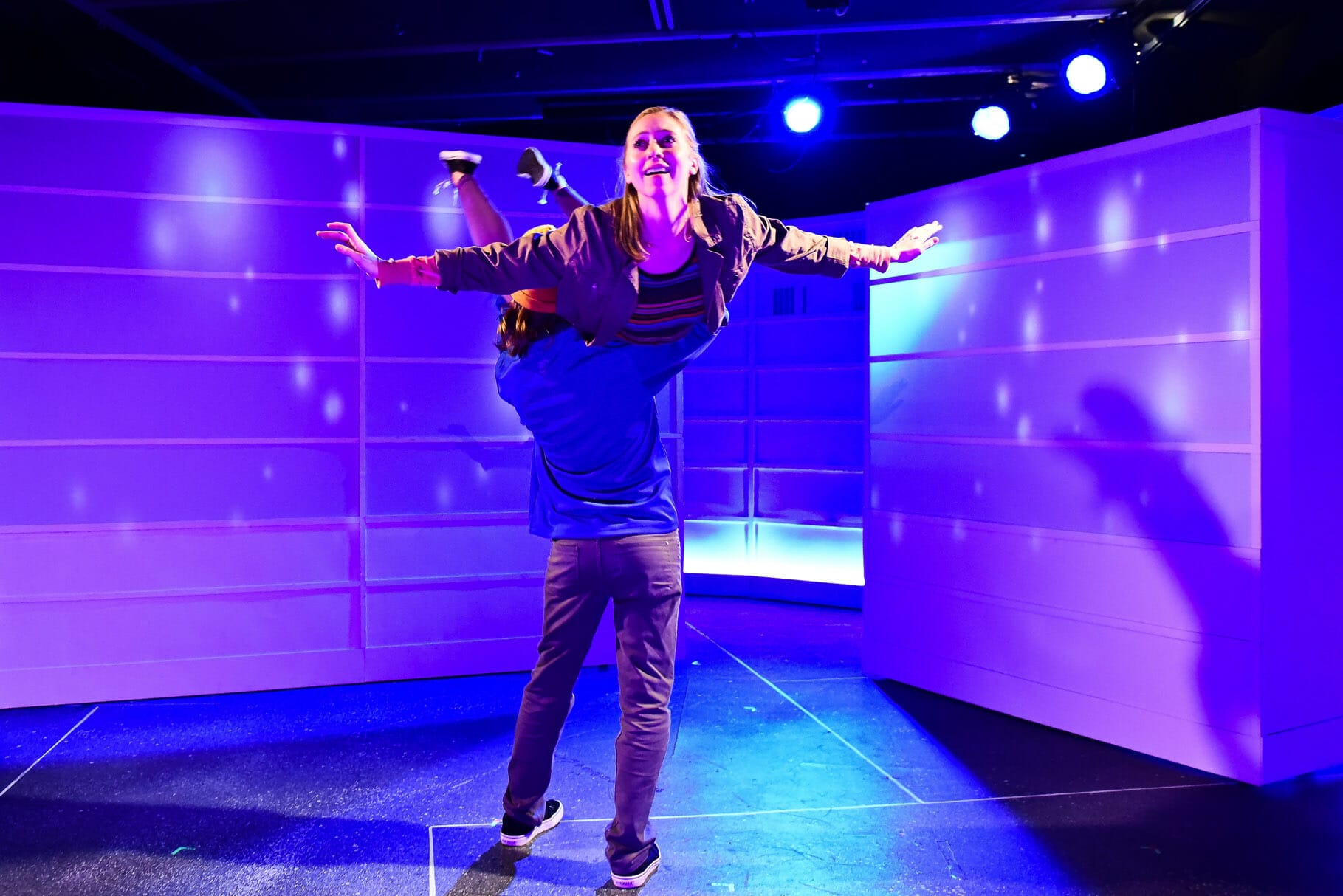


Nominated for Picture This Post BEST OF 2021